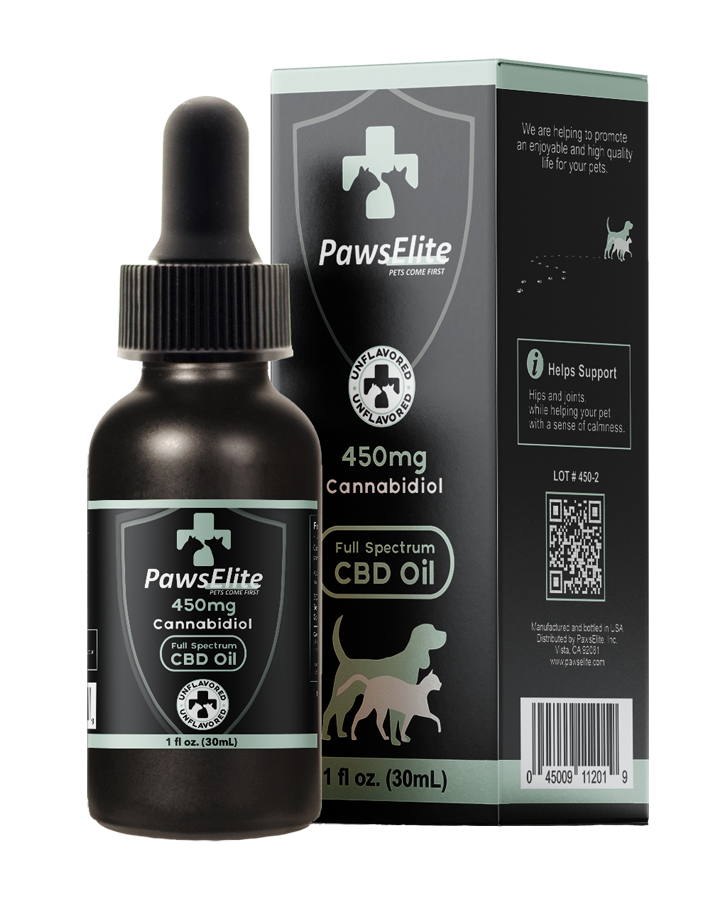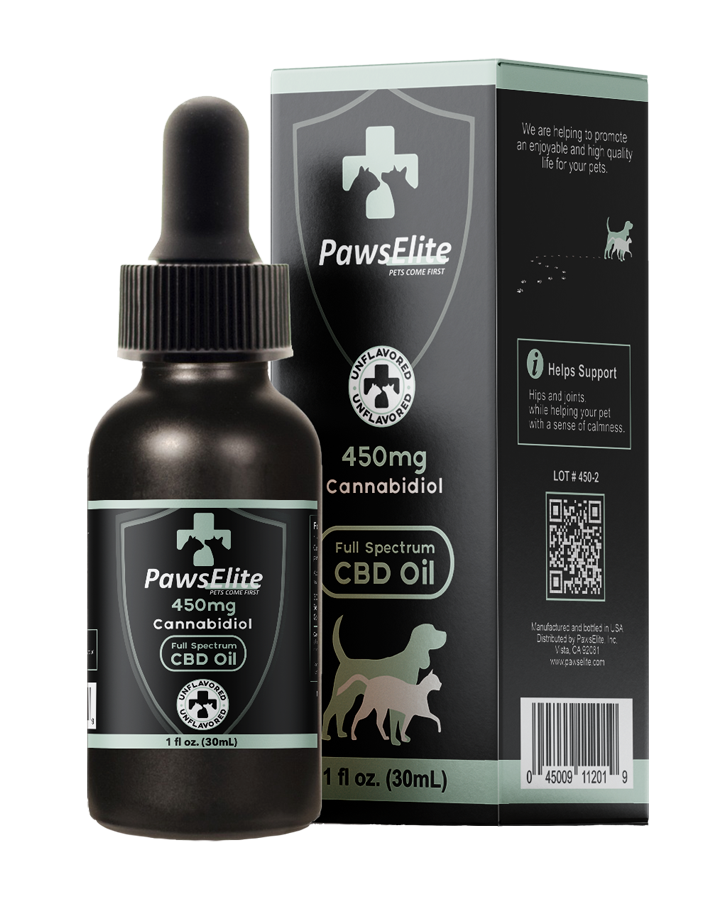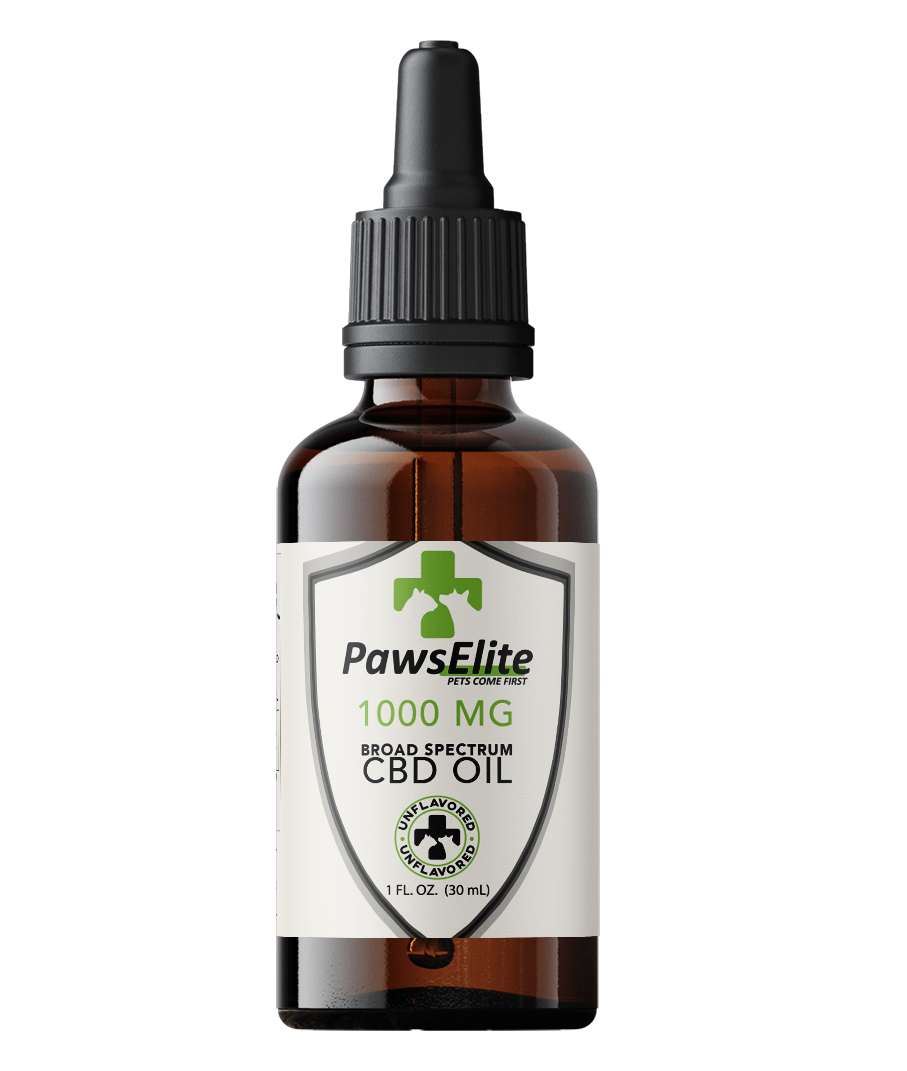
Xanax for Dogs: A Closer Look at Alprazolam (Xanax) for Canine Anxiety
Share
Welcome to our comprehensive guide on "Xanax for Dogs" and the opinions surrounding its use among pet owners. As devoted companions, our four-legged friends often experience anxiety and stress, leading some pet owners to explore potential solutions like alprazolam, commonly known as Xanax. However, the safety and suitability of giving Xanax to dogs remain a subject of concern and curiosity. We'll also review the Xanax dosing chart for dogs by weight In this blog, we'll delve into the topic, examining whether dogs can take Xanax and exploring alternative approaches to promote their well-being, including the use of CBD oil. Let's navigate through this important discussion to ensure the best care for our beloved furry companions.
Dogs just like humans can be prescribed Alprazolam (Xanax) in order to treat phobias, anxiety, and aggression. Alprazolam for dogs is used as a veterinary medicine, but that doesn’t mean you should freely give your dog Xanax. Xanax for dogs is considered to be a safe medicine for dogs if taken consistently and with the correct dosage.
Get the same results with our CBD Treats.
What Are the Uses for Xanax for Dogs?
Typically, Xanax is given to dogs to help cure depression, but it is not a long term solution. Alprazolam is known to have negative long-term effects which can increase depression in dogs and even humans. In these types of situations CBD oil can be used to support calmness and wellness in your dog. However, in the short-term it is known to help with anxiety disorders and spastic colon.
Unraveling the Mystery of Xanax and Its Effects on Dogs
Ever wondered about that little pill called Xanax and its potential impact on our furry companions? Well, in this section, we're diving deep into the world of Xanax (also known as alprazolam) and how it works in dogs. From the science behind its mechanism of action to how it interacts with our pets' bodies, we're going to shed some light on this widely used medication.
Can Dogs Take Xanax Safely? Separating Fact from Fiction
Let's get real about Xanax for our four-legged friends! Is it safe, or is it better to explore other options? We'll be exploring the ins and outs of Xanax use in dogs, from potential side effects to the risks involved. We'll even peek into what veterinarians have to say and what the research tells us. It's all about making an informed decision for our beloved companions' well-being.
Beyond Xanax for Dogs: Exploring a Natural Alternative with CBD Oil
Okay, let's talk alternatives! Meet CBD oil, the hip and trending option that's got pet parents all abuzz. We'll delve into the fascinating world of CBD, derived from hemp plants, and how it differs from Xanax. Get ready to discover the potential calming effects without any "high" involved. As we explore the growing interest in CBD oil as a natural remedy for dogs, we'll leave you with some food for thought about the path less traveled for your furry friend's serenity and happiness.

Xanax Dosing Chart for Dogs by Weight
In this section, we'll shed light on the dosing aspect of Xanax, also known as alprazolam, for dogs. Understanding the appropriate dosage is crucial to ensure the safety and well-being of our furry friends. We'll discuss the recommended doses based on a dog's weight and specific condition. To make things clearer, we've provided a comprehensive table below, breaking down the Xanax dosage and tablet size to make it easier for pet owners to administer the medication to their canine companions.
Here is the Xanax dosing chart for dogs by weight guide:
| Dog Weight | Recommended Xanax Dosage | Tablet Size |
|---|---|---|
| Under 10 lbs | 0.01 mg per pound | 0.25 mg |
| 10-25 lbs | 0.025 mg per pound | 0.5 mg |
| 26-100 lbs | 0.025 mg per pound | 1 mg |
| Over 100 lbs | 0.025 mg per pound | 2 mg |
Please note that Xanax should only be administered under the guidance of a veterinarian, and it's vital to follow their prescribed dosage and instructions. Additionally, we'll also explore alternative solutions like CBD oil, which is gaining popularity as a natural option for canine anxiety and stress relief.

Xanax for Dogs: Potential Side Effects and Adverse Reactions
While Xanax can be effective in treating anxiety and certain behavioral issues in dogs, it's essential to be aware of potential side effects and adverse reactions. Common side effects may include drowsiness, lethargy, and changes in appetite. In some cases, dogs might experience paradoxical reactions, leading to increased agitation or hyperactivity. Moreover, long-term use of Xanax can result in dependency, making it crucial to follow your veterinarian's prescribed treatment plan carefully.
The long-term effect of Xanax for dogs can cause severe depression. Other Xanax side effects in dogs can be known as:
- Gas
- Vomiting
- Diarrhea
- Allergic Reaction
- Facial Swelling
- Hives
- Seizures
Sometimes, Xanax for dogs can cause the opposite effects on what it is supposed to treat and cause hyper-stimulation known as the “Paradoxical Effect”. Also, keep in mind like any other medication it may not work with other medicines your dog takes. It is known to increase the effects of other medicines, while other drugs may reduce the speed that Alprazolam is digested.
Xanax for Dogs: Precautions and Contraindications
Before considering Xanax for your dog, it's important to understand the precautions and contraindications associated with the medication. Xanax is not suitable for all dogs, especially those with a history of hypersensitivity to benzodiazepines or liver issues. Pregnant or nursing dogs should not be given Xanax, as it may have adverse effects on their health and development.
Furthermore, Xanax should never be mixed with central nervous system depressants. Always consult with a qualified veterinarian to assess your dog's specific needs and determine if Xanax is the appropriate course of action. Alternatively, explore natural remedies like CBD oil, which have shown promise in managing anxiety and promoting relaxation in dogs without the potential risks associated with Xanax.
Using Xanax for Dogs and Alternatives
Addressing anxiety in dogs involves careful consideration of various options, including medications like Xanax and alternative approaches. Let's delve into common questions surrounding the use of Xanax for dogs and explore some alternative solutions:
How much Xanax will calm a dog?
The appropriate dosage of Xanax to calm a dog depends on factors such as the dog's size, age, and anxiety level. Veterinarians are trained to determine the correct dosage tailored to your dog's specific needs. It's crucial never to self-administer Xanax to your dog without professional guidance, as giving the wrong dosage can lead to adverse effects.
Is trazodone or Xanax better for dogs?
Both trazodone and Xanax are prescribed to manage anxiety in dogs, but the choice between the two depends on various factors. Trazodone is often used for generalized anxiety and can have sedative effects, while Xanax is prescribed for specific anxiety triggers. Consulting a veterinarian will help determine which medication is better suited for your dog's condition.
Can you use Xanax on a dog?
Xanax can be used for dogs, but it should only be administered under the supervision of a veterinarian. Your vet will assess your dog's specific needs and circumstances to determine whether Xanax is an appropriate solution.
Is Xanax the same as dog Xanax?
Xanax is a medication developed for humans, and "dog Xanax" typically refers to the same medication but prescribed for dogs. While the active ingredient is the same, dosages and administration may differ to accommodate dogs' unique physiology.
What is the dog equivalent of Xanax?
Trazodone, along with other medications, serves as an alternative to Xanax for managing anxiety in dogs. Each medication has its own benefits and considerations. Consulting your veterinarian will help identify the most suitable option for your pet.
Can I give my dog Xanax for 4th of July?
The 4th of July and other fireworks-heavy events can trigger anxiety in dogs. While Xanax might be considered for such situations, it's crucial to consult a veterinarian before administering any medication. They can recommend the appropriate approach to keep your pet calm and safe during stressful events.
Remember, the well-being of your furry friend is a priority. Consulting with a veterinarian is essential when making decisions about anxiety management and medication.
CBD vs. Xanax: A Comparison
When considering options for managing anxiety in pets, it's essential to weigh the benefits and differences between CBD oil and Xanax. Let's delve into this comparison to help you make an informed decision:
Natural Approach
CBD Oil: CBD oil is derived from the hemp plant, a natural source. It contains cannabidiol (CBD), a non-psychoactive compound known for its potential calming effects. CBD interacts with the endocannabinoid system, which helps regulate various physiological processes in the body, including mood and stress response. This natural approach aligns well with a holistic approach to pet well-being.
Xanax: Xanax, also known as alprazolam, is a prescription medication classified as a benzodiazepine. While effective at managing anxiety in humans, Xanax is a pharmaceutical drug designed for humans and not originally intended for pets. Its mechanism of action involves affecting neurotransmitters in the brain to induce a calming effect.
Compare CBD Oil's Natural Source with Xanax's Pharmaceutical Nature
CBD Oil:
- Sourced from hemp plants, making it a plant-based natural option.
- CBD oil's origin aligns with holistic and alternative approaches to pet health.
- The non-psychoactive nature of CBD ensures pets don't experience intoxication.
Xanax:
- Developed as a pharmaceutical drug for human use.
- Xanax's pharmaceutical nature involves synthetic compounds designed for specific medical purposes.
- May have stronger and more immediate effects due to its chemical composition.
While both CBD oil and Xanax have their merits, it's important to consider the natural origins of CBD and its potential compatibility with pets' physiological systems.
As you evaluate these options, consulting with a veterinarian is crucial to determine which approach best suits your pet's individual needs and circumstances.
CBD Oil and Alprazolam (Xanax for Dogs)
When considering anxiety treatments for dogs, it's essential to explore various options, weighing their benefits and potential side effects. While Xanax (alprazolam) is commonly prescribed, there are alternative treatments worth considering, especially if you're concerned about the possible risks associated with traditional medications.
Exploring Natural & Safe Remedies for Dogs
Natural remedies can offer a gentler approach to managing anxiety in dogs. These treatments often rely on herbal supplements and calming agents that promote relaxation without causing drowsiness or other adverse effects. Some popular natural remedies include chamomile, valerian root, and passionflower. Additionally, providing a safe and comfortable environment, regular exercise, and engaging mental stimulation can significantly improve your dog's well-being and reduce anxiety.
CBD Oil as a Safe and Effective Alternative
One of the most promising alternative treatments for canine anxiety is CBD (cannabidiol) oil. Derived from the hemp plant, CBD oil has gained popularity for its potential calming effects and overall wellness benefits in dogs. CBD interacts with the endocannabinoid system, which plays a crucial role in maintaining balance and regulating stress responses. It does not contain THC, the psychoactive component found in marijuana, making it safe for dogs.
Benefits of Choosing CBD Over Xanax for Dogs
Unlike Xanax, CBD oil offers a non-addictive and non-toxic solution for managing anxiety in dogs. It does not cause sedation or lead to dependency, making it suitable for long-term use. Moreover, CBD has a wide therapeutic window, meaning it can be administered at varying dosages without harmful effects. Paws Elite's CBD oil is specially formulated for pets, ensuring the highest quality and safety standards for your furry companion. Before making any decisions, always consult with a veterinarian to determine the best treatment plan for your dog's specific needs.
By exploring natural remedies and opting for CBD oil as a safe and effective alternative, you can provide your beloved canine companion with the support they need to manage anxiety and lead a happier, healthier life.
Protecting Your Dog's Mental Health without Xanax for Dogs
While medications like Xanax can be helpful for managing anxiety in dogs, it's equally important for pet owners to take proactive steps to protect and promote their furry friends' mental well-being. Here are some valuable tips to ensure your dog's mental health:
1. Regular Exercise:
Physical activity is not only essential for your dog's physical health but also for their mental well-being. Daily exercise, whether it's a brisk walk, a game of fetch, or a trip to the dog park, can help reduce stress and anxiety by releasing endorphins, the body's natural mood elevators.
2. Mental Stimulation:
Engage your dog's mind with interactive toys, puzzles, and games. Mental stimulation can keep your dog's brain active and prevent boredom, which is often a source of anxiety in pets.
3. Routine and Structure:
Dogs thrive on routines. Establish a consistent daily schedule for feeding, exercise, and rest. Predictability and structure can provide a sense of security and stability for your dog.
4. Positive Reinforcement Training:
Positive reinforcement-based training methods can build your dog's confidence and strengthen the bond between you. Reward good behavior with treats and praise to encourage positive associations.
5. Socialization:
Expose your dog to various people, animals, and environments from an early age. Proper socialization can help prevent fear and anxiety related to new experiences.
6. Nutrition:
A balanced diet plays a crucial role in your dog's overall health, including mental well-being. Consult with your veterinarian to ensure your dog's nutritional needs are met.
7. Comfort and Safety:
Create a safe and comfortable environment for your dog. Provide a designated space where they can retreat if they feel overwhelmed. Consider using calming products, such as pheromone diffusers or comfortable bedding.
8. Veterinary Care:
Regular check-ups with your veterinarian are essential to monitor your dog's physical and mental health. Discuss any signs of anxiety or behavioral changes with your vet to explore appropriate solutions.
9. Avoid Triggers:
Identify and minimize triggers that cause anxiety in your dog. This could include loud noises, certain situations, or interactions with specific individuals or animals.
10. Consult a Professional:
If your dog's anxiety persists or worsens, consider consulting a professional dog trainer or a veterinary behaviorist. They can provide specialized guidance and techniques to address specific issues.
By incorporating these practices into your dog's daily life, you can help create a supportive and nurturing environment that promotes their mental health and complements any medication or treatment they may receive, such as Xanax, for anxiety management.
Remember that every dog is unique, so it's essential to tailor your approach to meet their individual needs and preferences.









